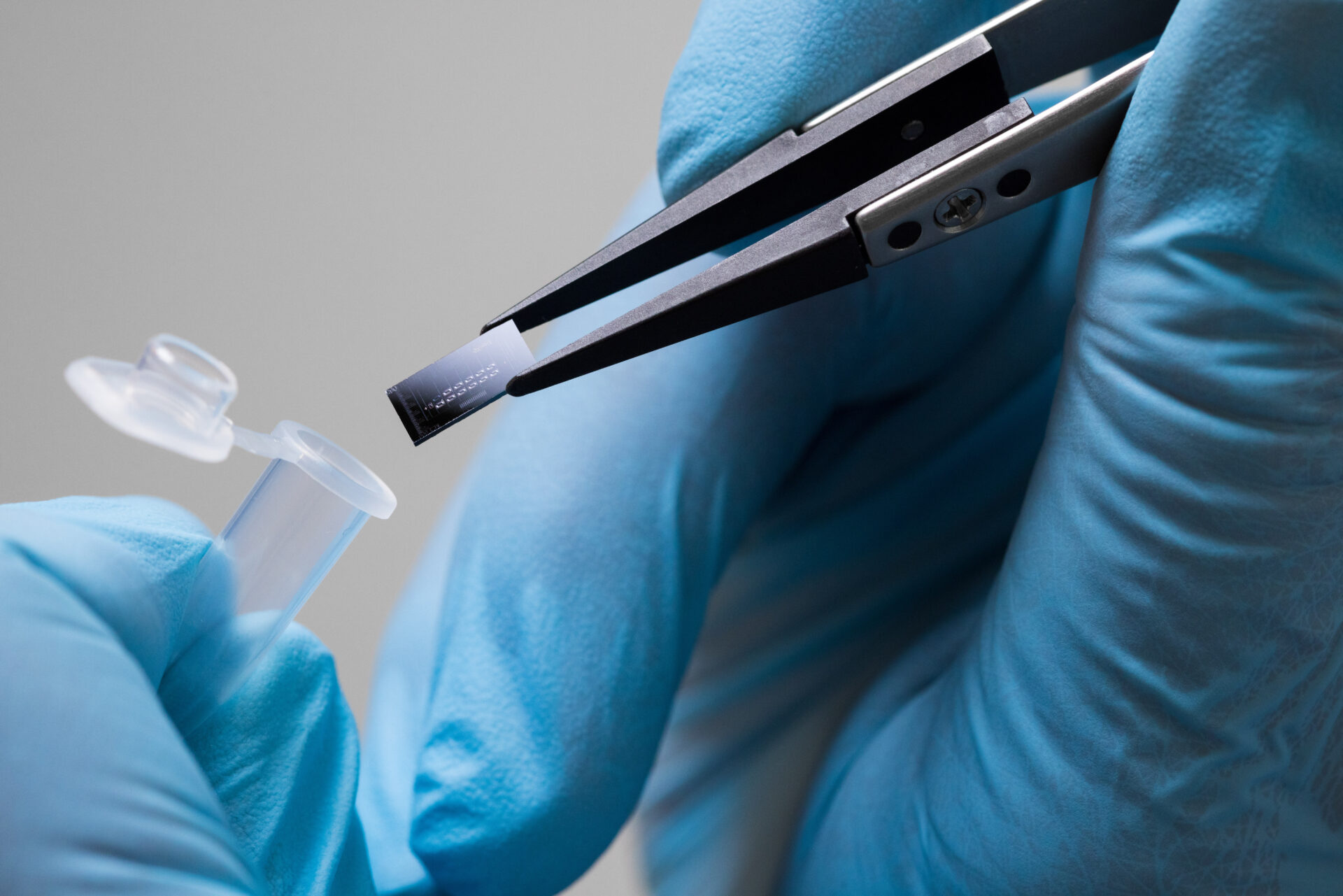New collaboration aims to enhance colorectal cancer screening accuracy
A new partnership between Surfix Diagnostics, the Netherlands Cancer Institute (NKI), and CRCbioscreen will focus on the validation of novel biomarkers for colorectal cancer (CRC) screening. The collaboration, supported by a PPP grant from the TKI-program Life Sciences & Health of Health~Holland, aims to address the limitations of current screening methods and potentially revolutionise early detection of CRC.
Colorectal cancer remains a significant global health concern, affecting 1.9 million individuals annually and ranking as a leading cause of cancer-related mortality. Despite the widespread implementation of the Faecal Immunochemical Test (FIT) in screening programmes, its sensitivity leaves much to be desired. The FIT, which detects haemoglobin in stool samples, fails to identify approximately 25-30% of cancers and 70% of advanced adenomas, highlighting a critical need for more refined screening approaches.
Novel biomarkers and advanced technology
The collaboration will leverage Surfix Diagnostics’ cutting-edge photonic diagnostic platform in conjunction with novel biomarkers discovered by the NKI. These biomarkers target molecularly-defined high-risk precursor lesions and cancer, potentially offering a significant improvement over current screening methods.
The project, known as PHOBICCS, aims to develop a stool-based test for these newly identified biomarkers using Surfix Diagnostics’ ultra-sensitive photonic diagnostics platform. This approach builds upon recent advancements in the field, including the multitargetFIT test presented by the NKI and CRCbioscreen in Lancet Oncology, which demonstrated improved detection of advanced adenomas and CRC compared to standard FIT.
If successful, this new screening method could lead to more accurate detection of precursor lesions, enabling earlier intervention and potentially preventing cancer development. This advancement could significantly reduce the psychological and physical impact on patients, improve quality of life, and decrease CRC mortality rates without resorting to intensive treatments.
Cost-effective approach to cancer prevention
From an economic perspective, the ability to focus on treating relevant precursor lesions rather than advanced cancers could lead to substantial reductions in healthcare costs. By avoiding expenses associated with surgical interventions, hospital stays, and costly oncological treatments, this approach could prove more cost-effective while allowing individuals to maintain their active contributions to society.
The collaboration brings together a unique combination of technological expertise and biological/clinical application knowledge.
This synergy has the potential to surpass the capabilities of the current FIT and significantly improve CRC screening efficacy. The project not only holds promise for the Dutch scientific community but could also influence global research efforts in developing new screening tests.
Jos Lunenberg, CEO of Surfix Diagnostics, commented: “In this project, we will contribute with our innovative photonic diagnostics platform, and that fills us with pride and promises to become a great showcase of the power of our platform in early cancer detection.”
Dr Beatriz Carvalho from the NKI’s Department of Pathology shared her optimism: “With our collective expertise, innovative drive, and technological capabilities, we are on track to develop a new screening method that can be further validated through the use of clinical samples available at our institute.”
Dr Henri Theunissen, CEO of CRCbioscreen, added: “We are thrilled to contribute to this consortium. This project aligns with our mission to enhance CRC patient outcomes, bringing our biomarkers one step closer to making a life-saving difference.”





